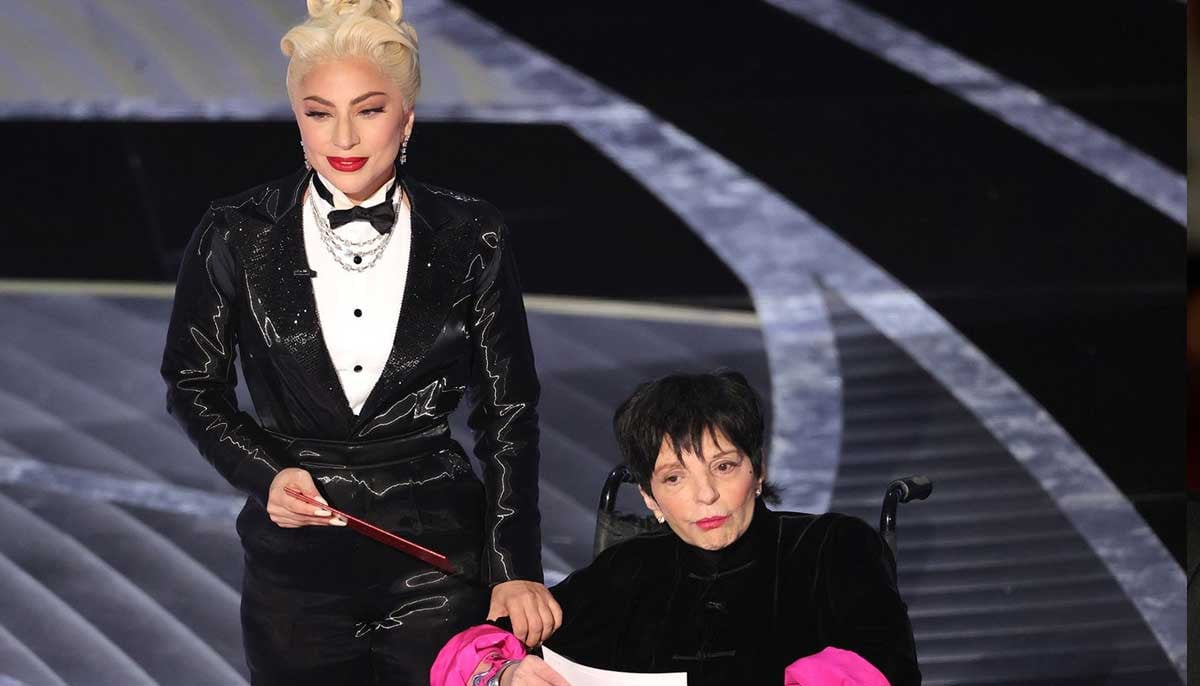Bhumi Pednekar symbolizes strength in Bollywood films with powerful messages
Bhumi Pednekar may be a fresh face in the Indian cinematic panorama but the young actor is piercing her way through societal standards and standing as an epitome of strength, resistance and rebellion that often goes unnoticed in Bollywood.
Bhumi Pednekar may be a fresh face in the Indian cinematic scene but the young actor is soaring her way through societal standards and standing as an epitome of strength, resistance and rebellion that often goes unnoticed in Bollywood.
The actor is breaking stereotypes even with only four of her films presently out with her latest and most acclaimed being 'Lust Stories' that depicts the progressive perspective of Indian women on modern relationships.
Here are four reasons why the budding actor may bring about a revolution in the corrupting elements of the Indian cinema.
1- Stood up against body shaming
The 29-year-old had been part of the 2015 Yash Raj released film ‘Dum Laga Ke Haisha’ where she broke the stigma around plus-sized women that is prevalent in societies and fuels the unrealistic standards of beauty for women to follow, otherwise seen frequently in most Bollywood films.
2- Breaking age-old traditions in rural India
In her following film, ‘Toilet: Ek Prem Katha’, the bathing beauty challenges the image of a compliant and passive daughter-in-law by showcasing her rebellion to change the archaic approaches towards lifestyles in need of crucial alterations.
3- Shedding light on topics otherwise unthinkable
Her 2017 released film ‘Shubh Mangal Saavdhan’ tackles the taboo topic of erectile dysfunction brilliantly through the use of humor while putting across a strong message.
4- Portraying an unfussy and empowering image of women
In the 'Lust Stories' follow-up by filmmaker Zoya Akhtar, Pednekar is maintaining a calm and unfazed portrayal of women in the face of disloyalty at the hands of her employer who she had entered into an explicit relationship with but was later forsaken. Her character entirely in control of her emotions comes off as empowering while depicting a harsh reality rampant in modern-day India.
-
Little Mix star Leigh-Anne Pinnock talks about protecting her children from social media
-
Pamela Anderson, David Hasselhoff's return to reimagined version of 'Baywatch' confirmed by star
-
Inside Channing Tatum's red carpet return after shoulder surgery
-
Ryan Coogler brands 'When Harry Met Sally' his most favourite rom com while discussing love for verstality
-
Justin Bieber rocked the world with bold move 15 years ago
-
Sam Levinson wins hearts with huge donation to Eric Dane GoFundMe
-
Liza Minnelli alleges she was ordered to use wheelchair at 2022 Academy Awards
-
Michael B. Jordan shares his thoughts on growing trend of live-action anime adaptations












